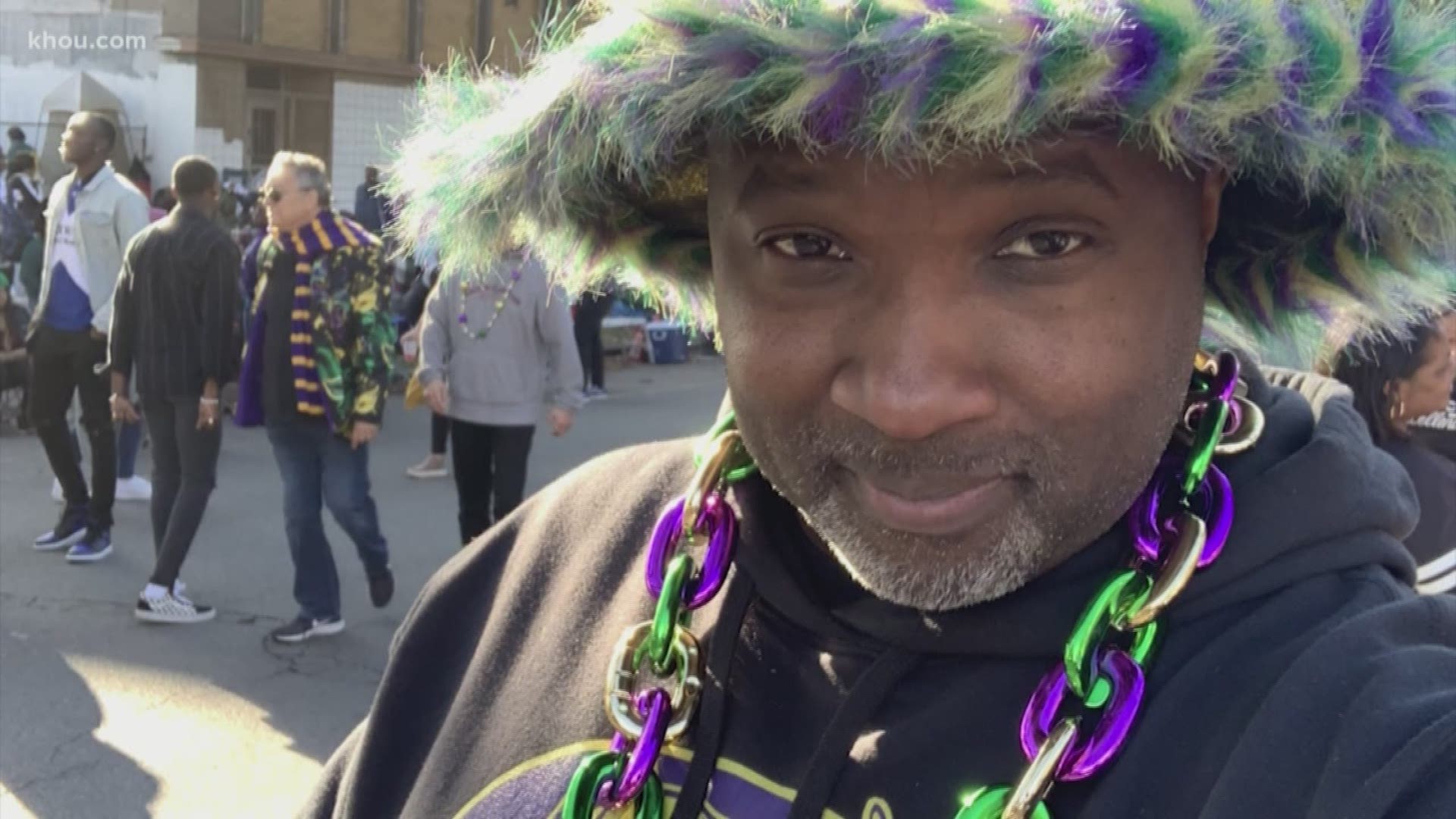Missouri City councilman Jeffrey L. Boney is home after he contracted the coronavirus and ended up in intensive care.
Boney was released from the hospital Sunday evening and posted a heartwarming video of his homecoming.
Boney warned of the dangers of COVID-19, especially among the African-American community. Data show for other states that the virus could be impacting minority groups worse than others.
The councilman said he's not sure where he contracted the virus. He said last week he was at the rodeo cookoff, Mardi Gras and recently traveled to Washington D.C. for a conference.
He said he had no pre-existing medical conditions besides high blood pressure.
Boney still has a recovery ahead. He said he has a blood clot in his right lungh that may take up to six months to heal.
- Hundreds of American, Southwest airlines employees test positive for COVID-19
- African-American communities hit hard by coronavirus, data show
- Kanye West, Mariah Carey, Tyler Perry joining Lakewood Church for virtual Easter service
- More jail workers test positive for coronavirus while thousands of prisoners must stay put
Coronavirus symptoms
The symptoms of coronavirus can be similar to the flu or a bad cold. Symptoms include a fever, cough and shortness of breath, according to the Centers for Disease Control. Some patients also have nausea, headaches and stomach issues.
Most healthy people will have mild symptoms. A study of more than 72,000 patients by the Centers for Disease Control in China showed 80 percent of the cases there were mild.
But infections can cause pneumonia, severe acute respiratory syndrome, kidney failure and even death, according to the World Health Organization. Older people with underlying health conditions are most at risk for becoming seriously ill. However, U.S. experts are seeing a significant number of younger people being hospitalized, including some in ICU.
The CDC believes symptoms may appear anywhere from two to 14 days after being exposed.
Human coronaviruses are usually spread through...
- The air by coughing or sneezing
- Close personal contact, such as touching or shaking hands
- Touching an object or surface with the virus on it, then touching your mouth, nose or eyes before washing your hands.
Help stop the spread of coronavirus
- Stay home when you are sick.
- Eat and sleep separately from your family members
- Use different utensils and dishes
- Cover your cough or sneeze with your arm, not your hand.
- If you use a tissue, throw it in the trash.
- Follow social distancing
Lower your risk
- Wash your hands often with soap and water for at least 20 seconds. If soap and water are not available, use an alcohol-based hand sanitizer.
- Avoid touching your eyes, nose, and mouth with unwashed hands.
- Avoid close contact with people who are sick.
- Clean and disinfect frequently touched objects and surfaces.
- If you are 60 or over and have an underlying health condition such as cardiovascular disease, diabetes or respiratory illnesses like asthma or COPD, the World Health Organization advises you to try to avoid crowds or places where you might interact with people who are sick.
Get complete coverage of the coronavirus by texting 'FACTS' to 713-526-1111.

